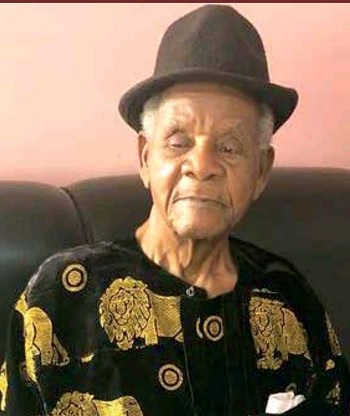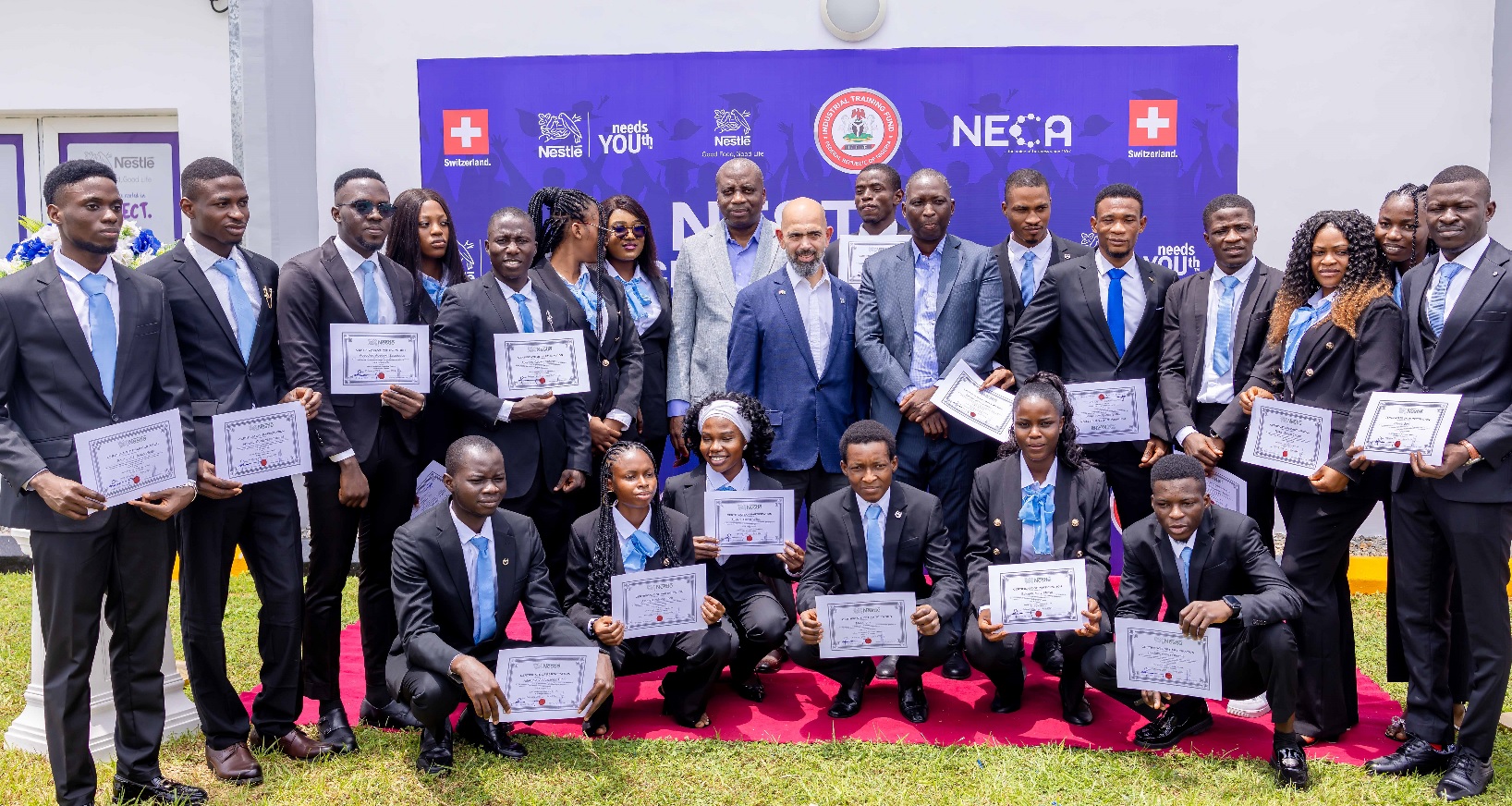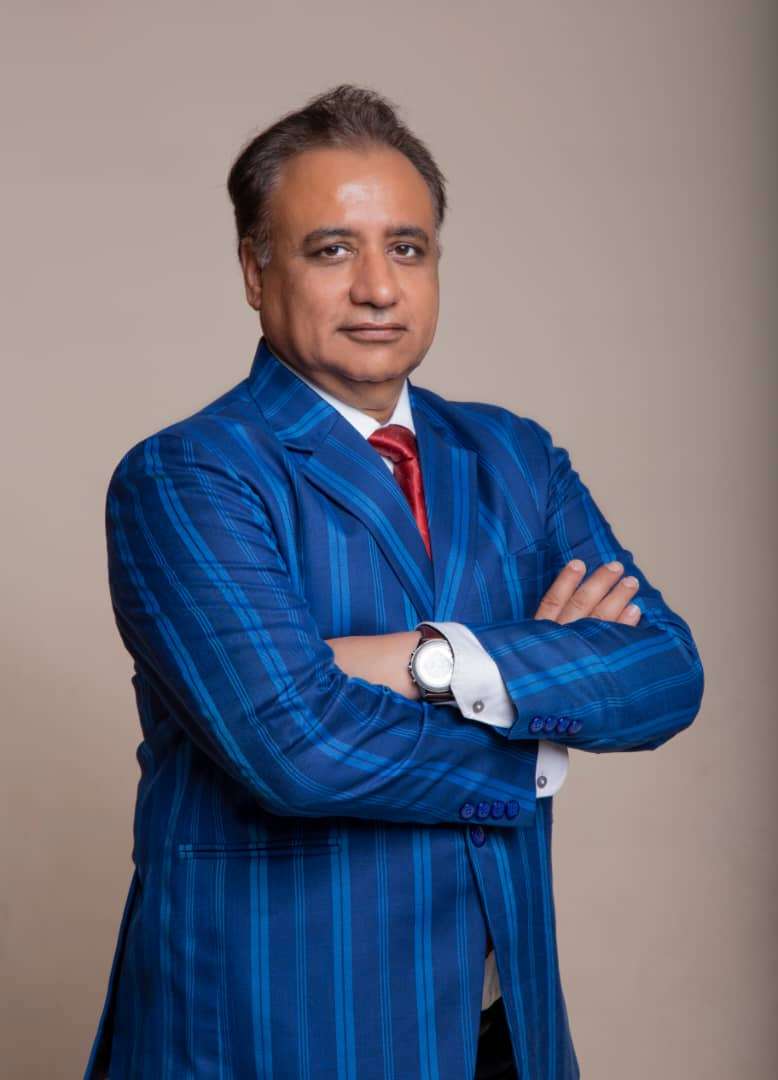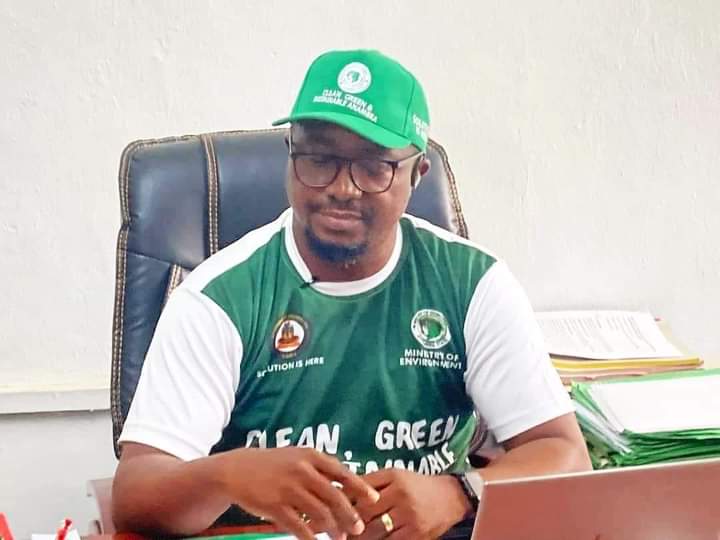Place your adverts here on InfoDig @ low rates; banner ads, sponsored links and guest articles etc. Contact us
 Pharm. (Elder) Dick Onuigbo
Pharm. (Elder) Dick OnuigboPharm. (Elder) Dick Onuigbo, Nigeria’s oldest pharmacist, will be marking his centenary birthday in December this year. In this exclusive interview, conducted by Pharm. Emmanuel Obiora Okafor, the Abia State chairman of the Pharmaceutical Society of Nigeria (PSN), on behalf of Pharmanews, Onuigbo reminisces on his upbringing, education, professional career, passion for music, and the lifestyle modifications that have kept him active at nearly 100 years of age. Excerpts:
May we know your full name, sir?
My name is Dick Obichereihe Onuigbo.
According to our records, you are the oldest pharmacist in Nigeria, aged 99. And by God’s grace, you’re planning to celebrate your centenary birthday on 31 December this year. Congratulations, Sir! How does it feel to be 99 years old and counting?
I feel good, like an athlete who has completed a 100-metre race. It’s been a long journey—sometimes tough, with uncertainties and surprises along the way. But there has also been joy, happiness, and success.
Tell us a bit about your early life. What were your childhood experiences like, and how did they shape who you are today?
I was born in Amachara, a town three miles west of Umuahia in present-day Abia State. My childhood was typical – I lived with my parents, did household chores, farmed, traded, and participated in ceremonies, dances, and church services.
I started school at the age of nine at home. I attended Methodist schools and completed my secondary education at Methodist College, Uzuakoli. Growing up in a compound between the Methodist Church and the Methodist Hospital greatly influenced my life. The principles I learnt from the Methodist Church have remained with me.
How have time and age influenced your lifestyle, and how do you cope with the challenges that come with old age?
Throughout my life, I’ve remained committed to Methodist principles. Challenges come, but I face them like a Methodist—trusting God to guide my steps and making the best of every situation.
At nearly 100 years of age, we understand that you still play the piano at your local church. Can you tell us about your passion for music and other activities you still enjoy?
As I mentioned, Methodist teachings have deeply influenced me, including my love for music. The Methodist Hymn Book has been my companion since my school days and continues to inspire me. Methodism was born in songs, and music became a beacon in my life. I bought a piano in 1961 in Aba, and my passion for music has brought me immense joy. I read musical notes, sing solos and duets, and participate in choir practices and concerts.
Why and how did you decide to study Pharmacy at the School of Pharmacy, Yaba, from 1948 to 1950?
After completing secondary school at Methodist College, Uzuakoli, I qualified to study a higher course at Yaba College. It was a two-year course in Chemistry, Physics, Botany, and Zoology, which I completed in 1948.
While studying at Yaba, I interacted with students from the School of Medicine and School of Pharmacy, which piqued my interest in the medical field. I eventually applied to the School of Pharmacy and was admitted in the second year. My interest in the medical profession was also shaped by my experiences at Amachara Hospital.
Who were some of your colleagues and lecturers at the School of Pharmacy?
Our principal was a white man named A.T. Deaman. Malam Dikko taught Dispensing and Forensic Pharmacy, and Marcus taught Chemistry. Some of my classmates included E.O. Ashamu, Adefarasin, S.N. Onuoha, J. Udoh, Thomas Amadi, Gideon Akpan, and Miss Antia from Ghana.
You established Urban Chemists. Could you share your experience with running the business?
After completing my training in 1950, I worked in various government hospitals in Lagos, Yaba, Ebute-Metta, Okigwe, Port Harcourt, and Ikot Ekpene. In 1956, I opened Urban Chemists in Yaba. It was a fulfilling practice. I applied the experience I gained from government hospitals and divided my pharmacy into four sections: a retail shop, a dispensing section, a consulting room, and a store.
We prepared mixtures, ointments, powders, and lotions. It was a laborious but lucrative practice, and I enjoyed every bit of it.
What was community pharmacy practice like during your time?
Pharmacy during my time was largely a practical profession. We compounded mixtures and dispensed them to patients based on their needs. For example, we made blood tonics, purgatives, and treatments for urinary tract infections.
While we did sell over-the-counter medicines, much of the work involved preparing and dispensing proprietary drugs. Patients treated us with respect, and Pharmacy was a trusted profession.
How do you relax, and what lifestyle modifications have you adopted to stay fit and active?
I relax by reading newspapers, novels, and music books, playing my keyboard, watching the news and sports, and taking walks. I make sure to exercise regularly, walk at least one mile every morning, eat balanced meals with plenty of vegetables, drink warm water, and take my siesta.
I also stay connected with family and friends, attend Sunday services, choir practices, and church meetings. I believe in taking things in stride, reducing stress where possible, and maintaining peace with everyone.
How are you planning to celebrate your centenary birthday, and how would you like to be remembered?
My centenary celebration is being planned by my children and grandchildren in Amachara, my hometown. The celebration began months ago, with my church choir honouring me on 27 July, followed by another celebration from the Umuahia-Ikwuano brethren. I want to be remembered for my moderation, humility, service to humanity, allegiance to God, and peaceful relationships with others.
Finally, Sir, what advice would you give to the younger generation of pharmacists on how to make the most of their profession?
My advice is to avoid greed, as it is the root of many vices. Be humble, love your neighbour, trust in God, and strive to live in peace with everyone. If you apply these principles in your pharmaceutical practice, all will be well. Thank you.

 8 hours ago
41
8 hours ago
41















